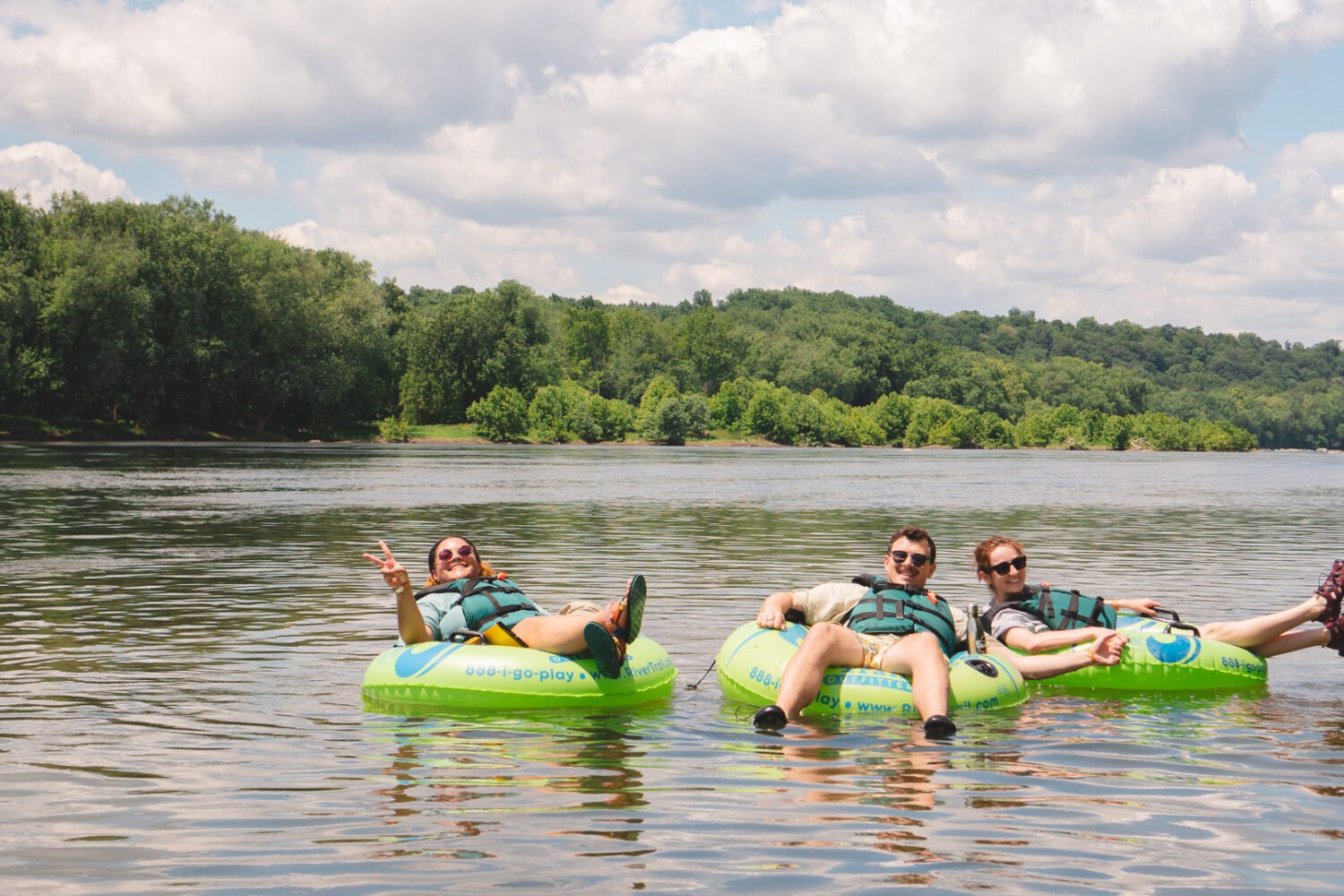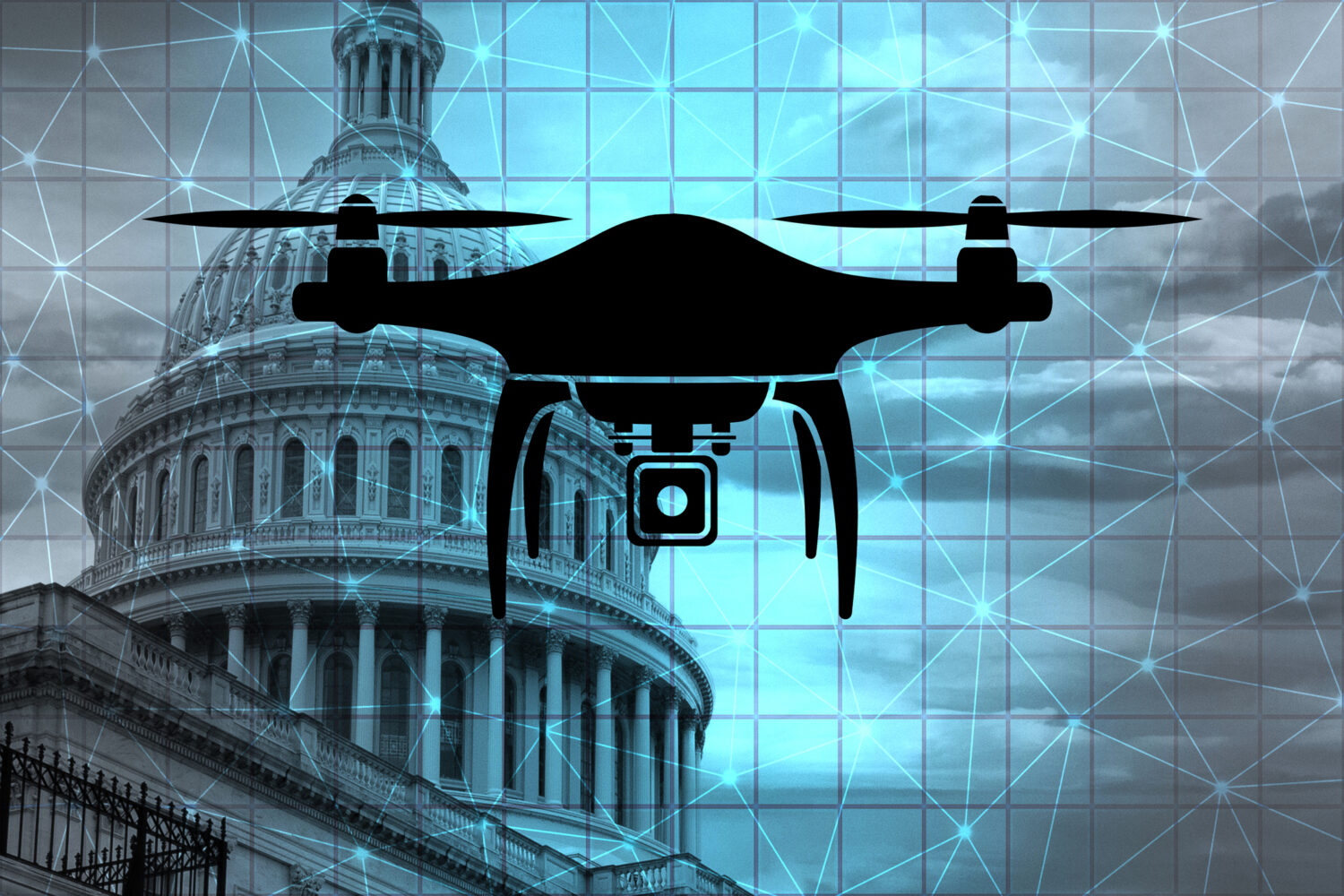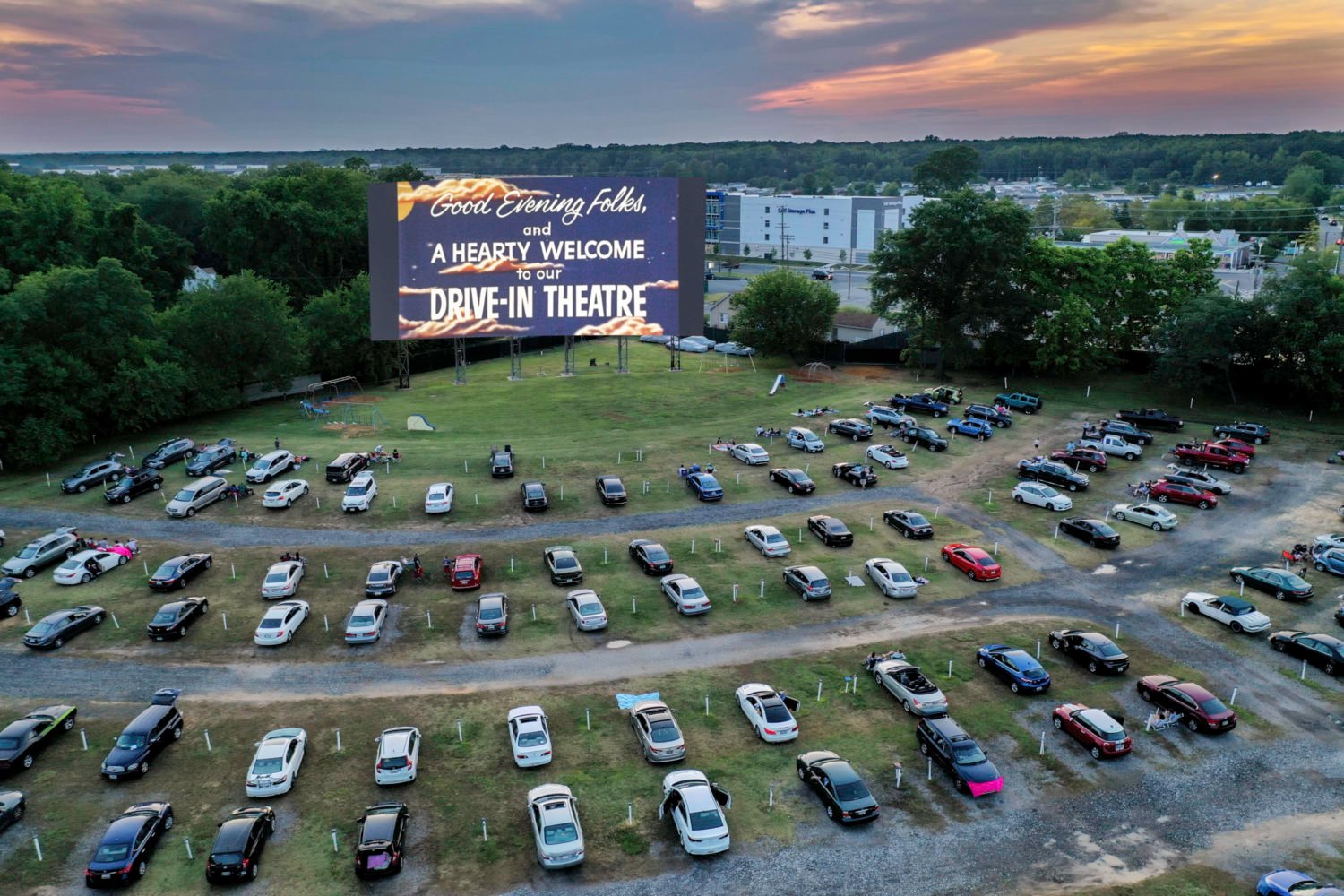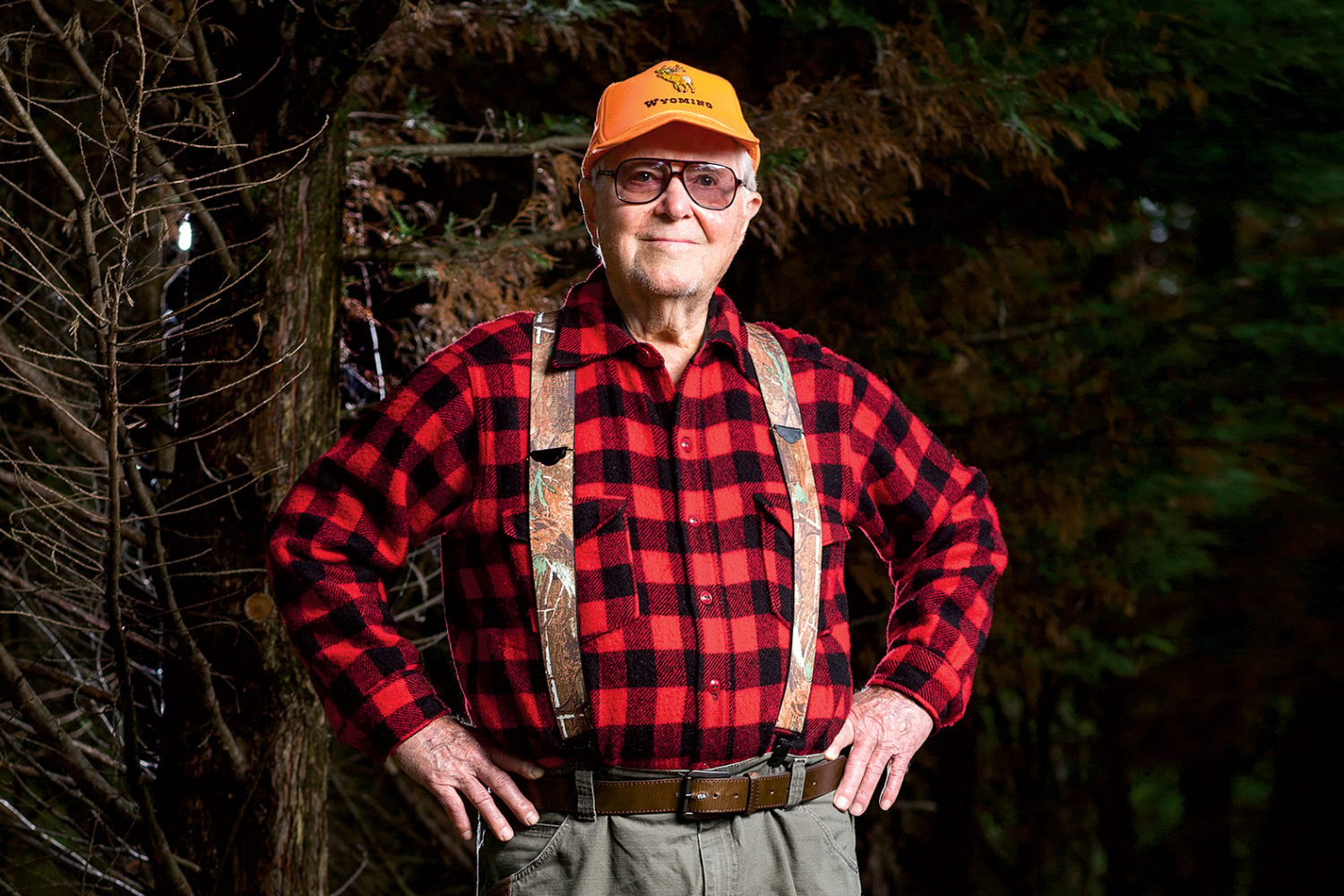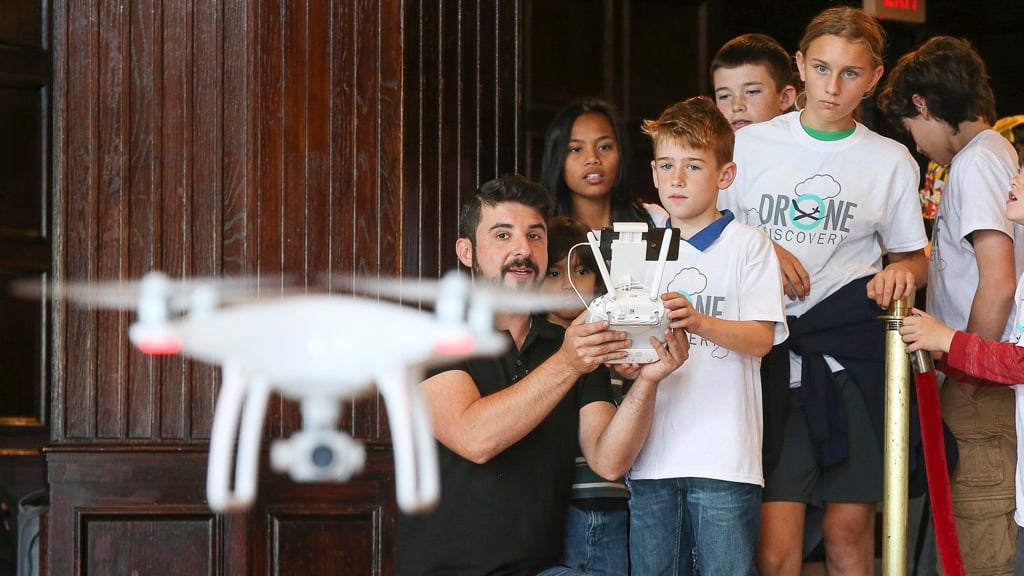With drones poised for takeoff in US airspace beginning in 2015, questions are mounting over how governments will use remotely-piloted eyes in the sky to monitor everything from traffic patterns to wastewater runoff.
One association that represents private forest landowners, and whose members include some of the country’s largest owners of timberland, says the government has effectively admitted that it’s using drones to “spy” on private owners in the name of preventing pollution. The Forest Landowners Association is now polling its members to ask “your thoughts on the government using satellite and drone technology to glean insight about your land.”
The questions the group wants to answer show where future conflicts may erupt between government and private interests over the use of technology that, heretofore, has mainly been used to monitor enemies in combat.
1. Are you concerned that with advances in satellite and drone technology the government has the ability to take a closer look at your land?
2. What does it have a right to know?
3. Are there boundaries on your property rights?
4. Have you ever had an instance where you wondered how the government knew certain things about your property?
Scott Jones, the association’s CEO, said his group is concerned about “our rights as private forest landowners” in light of Senate testimony in April by Bob Perciasepe, the acting administrator of the Environmental Protection Agency. Jones said that under questioning from lawmakers about the EPA’s use of drones to monitor animal feedlots for signs of water pollution, the acting chief admitted that the agency “was utilizing drones to ‘spy’ on private lands.”
At the hearing, Sen. Mike Johanns (R-Neb.) accused the EPA of using the remotely-piloted aircraft to monitor people, not just pollution. “You’re flying at low altitudes, you’re flying over law-abiding people who are trying to do everything they can to honor your rules and regulations and you’re not coming down on the bad actors,” Johanns said. “You’re checking on everybody and it feels terrible. It feels like there’s a federal agency out there spying and on American citizens.”
Perciasepe rejected that characterization and said the drones allowed the EPA “a very efficient way for us to narrow where we go to on the ground, [to] talk to landowners about what they’re doing.”
But Sen. Roy Blunt (R-Mo.), who noted that his own parents were dairy farmers, wasn’t persuaded. “You said it’s not like you were spying on people. What term would you use?”
“We’re looking for where there may be animals and their waste in the water. And so, we are not looking at people at all,” Perciasepe replied.
“So you’re spying on animals?” Blunt asked.
“Well, we’re looking to see where we would send inspectors to see if there was a problem of water pollution. So I don’t know that the animals are what we’re spying on. We’re looking at the conditions that could be creating water-quality violations.”
Jones, the association CEO, called the agency’s use of drones “heavy handed.”
“We launched a poll to our membership, who own and operate more than 43 million acres of private forestland, so they could weigh in with their concerns, which we intend to share with lawmakers and the administration.” The group’s members include large companies such as Weyerhaeuser and Georgia-Pacific, as well as owners of small land tracts.
The EPA has attempted to mollify critics of its drone flights and says it wants to hear about objections. “I understand the perception that you’re bringing up,” Perciasepe told Johanns. “It’s helpful for me to hear the intensity of it and I will bring that back.”


